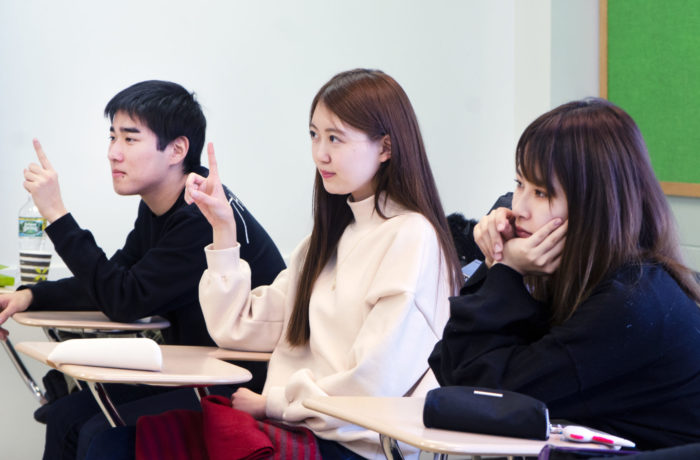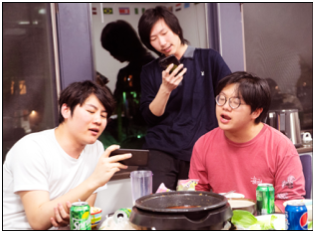By Angela McParland
Contributing Writer
As the two Koreas march under one flag this month during the 2018 Pyeongchang Winter Olympics, it’s important to understand the cultures and history of these complex siblings. Often forgotten amidst news about possible nuclear war with North Korea or the rising international popularity of K-Pop last year lies the rich culture of each country.
These three books and one documentary can get you started on the fascinating complexities of Korean history and culture.
The Vegetarian – Han Kang
A deeper look into modern South Korean culture, this haunting non-fiction story follows a modern day South Korean woman named Yeong-hye who vehemently refuses to eat any kind of meat after tortuous recurring nightmares. Told through the view of three brutally honest narrators, Yeong-hye’s tale spirals into madness as her family tries to put some common sense back into her. But those who defend Yeong-hye get trapped into a spiraling madness of their own and have to choose whether to stay by her side or leave her in her worsening plight.
Hogarth :$15.00
Pachinko – Min Jin Lee
Pachinko follows four generations of a Korean family, focusing on a woman named Sunja who becomes involved with a charming, older man named Hansu. With his influence on almost every aspect of her life, this historical fiction follows Sunja as she moves with her husband from her homeland in Busan, Korea to Osaka, Japan to try to give her child a better life. Representative of life for Zainichi, Koreans who permanently reside in Japan but don’t have Japanese citizenship, this book mixes languages, cultures and history to create a gripping tale of a family’s drastically changing life intertwined with the yakuza, illegal gambling parlors, and their relationship with their split homeland: Korea.
Grand Central: $15.99

Dear Pyongyang – Yang Yong Hi
This documentary follows Yang Yong Hi, a Korean woman living in Japan with her North Korea affiliated parents in the early 2000s. A first person documentary approach shows candid footage of Yang’s life from her trips to Pyongyang, North Korea, where she attends cultural celebrations and visits her nieces and nephews, to her hometown of Osaka, where she lives with her parents and struggles with her identity as a culturally Japanese North Korean.


